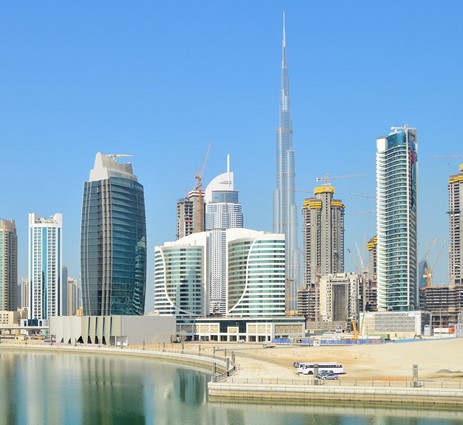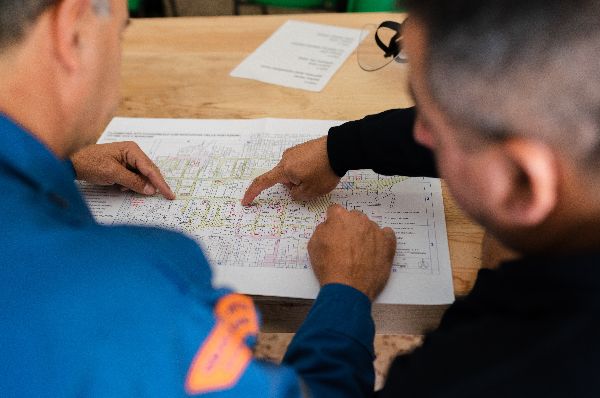Established in the UAE in 2006, our office is located in the regional hub of Dubai.
We specialise in direct hire and workload solutions.
Direct Hire
A team of specialist consultants search, find, evaluate and select the best quality professional, engineering, and technical talent for clients working in the following market sectors:
- Energy & chemicals
- Maritime
- Metals & mining
- Rail & infrastructure
Workforce Solutions
We design and implement client-customised workforce solutions. A major reason why clients choose this service is that it offers them a fixed price model, ensuring budget cost certainly over their period of need.
Call or email us today to find out how we can help you meet your staffing challenges.
Contact us
Dubai, United Arab Emirates
Established in the Middle East for over a decade, our office is situated in the regional hub of Dubai.
From here a group of dedicated consultants work with clients predominantly operating in the oil, gas and infrastructure markets.
G19, Block 2
Dubai Knowledge Park
Dubai,
United Arab Emirates,
PO Box 500711
Phone: +971 4 554 7116
Email: info-me@trsstaffing.com







.jpeg)